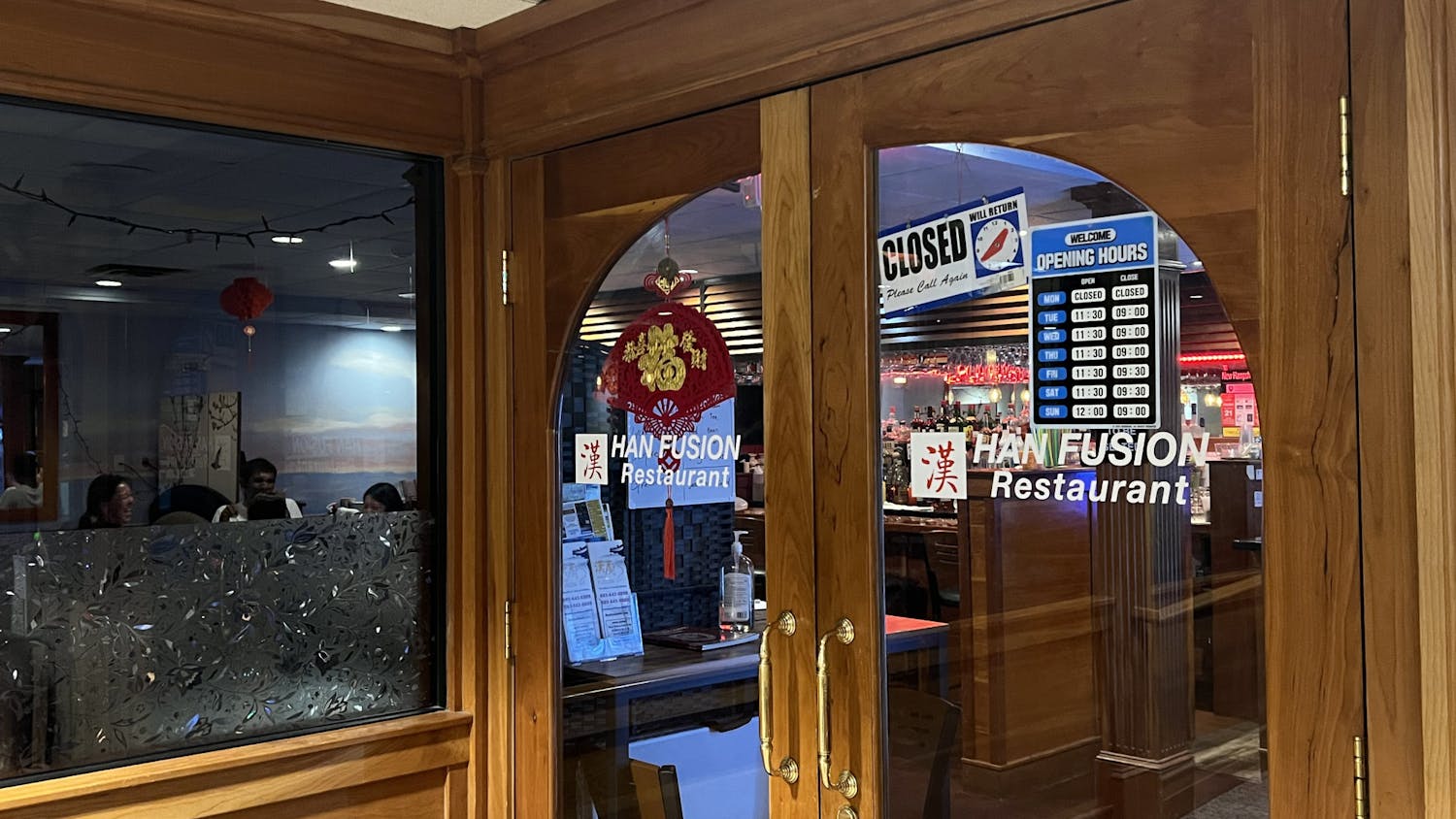Although 15 percent of the College’s undergraduates receive need-based financial aid, students’ experiences with aid — shaped by unique circumstances — still vary.
Ilenna Jones ’15, a Dartmouth Quest Scholars liaison, said she has had a straightforward experience with financial aid. She said that this is due to the fact that Erin Clark, senior assistant director of the financial aid office, acts as the point person for Quest Scholars.
“It’s been easy for me because we have additional resources,” she said.
Meredith Alaback ’18, however, said she did not anticipate the day-to-day process of working with the financial aid office to be as complicated as it turned out to be. Alaback said that having divorced parents who make considerably different incomes upsets the process.
While the financial aid handbook states that both parents will be evaluated separately to determine individual contributions, Alaback said that, in her experience, the financial aid office has not been accommodating to her family’s situation.
“I didn’t think it would be such an issue going into the process,” she said.
Alaback’s mother, a stay-at-home mom until her divorce, began working out of the house eight years ago, Alaback said.
“My mom’s sort of starting out all over again,” Alaback said. “She’s in the place most people are when they’re 25.”
After working several jobs, her mother finally started her own therapy practice three years ago. Alaback said that her mother finances her private practice out of pocket, paying for the upkeep of the building where she works.
“My mom spends a lot of money just maintaining her practice,” she said.
Despite the difference between her mother and father’s incomes, the financial aid office requires both to pay equal amounts, she said.
“My mom has called financial aid several times, and they haven’t been very accommodating of her request to change the amount of tuition she pays,” Alaback said.
She noted that she is lucky to have parents who are cordial with one another, because the complexity of the financial aid process would be further confounded without parental communication.
“I can’t imagine what it must be like for families with parents who can’t even be in the same room,” she said.
Virginia Hazen, dean of financial aid at the College, said that the office has limitations to how much they can act as an “intermediary” between parents. She noted that non-custodial parents usually present the most difficulties in terms of completing forms and being cooperative.
“We don’t assume a good relationship between parents,” Hazen said. “When parents get divorced, they divorce each other, not the kid, so it’s really not up to us to assume that sort of thing.”
Hazen said that ultimately the responsibility falls on the students to ensure parents are on top of providing forms and information to the office.
She said that the office must assess the finances of both parents, even though that often complicates the process. Hazen said that, to be fair to all students applying for financial aid, each individual must include tax returns that represent their complete financial resources. In the case of divorced parents, this means that both parents must be involved in the process, she said.
“It’s not really up to us to figure out that arrangement,” Hazen said. “We can help by talking to the parents, but that’s out of our hands.”
She said that she regrets not looking at the financial aid package offered to her by Columbia University. All institutions in the Ivy League have an agreement to match the most generous financial aid package given to the student.
Alaback added that she and her parents work for months to complete the various required financial aid forms, which include Free Application for Federal Student Aid forms as well as Dartmouth specific ones.
Hazen said that people often face difficulties completing the forms because they do not leave enough time to fill out the forms.
“We send the notice out in December or January, and I think people think, ‘Oh, I’ll get to it eventually,’ and they don’t start the process early enough,” Hazen said.
Hazen said that the financial aid office faces various problems each year. This year, she said that parents were not able to upload documents after the office transitioned to a new online service. The office ended up receiving many poor quality documents, and the service did not communicate to parents that documents had been successfully uploaded, Hazen said. As a result, some parents submitted documents multiple times.
While Jones said that she had an easy experience with the financial aid component, she thinks that the College could do more to help integrate students of lower socioeconomic class, especially in the classroom. Jones, a neuroscience major on the pre-medical track, said that teachers often assume students come from “good high schools.”
“Especially in STEM classes, there’s an assumption that you took [Advanced Placement] chemistry or physics, and professors sometimes don’t realize that not everyone went to a high school that offered APs or the IB curriculum,” she said.
She noted that many initiatives to help integrate low-income students are fairly recent and that she suspects institutional support is higher than when she matriculated at the College.
Paul Sunde, director of admissions at the College, said that the admissions office encourages students of low-income backgrounds to apply to Dartmouth.
“Whether it be by on campus programs like QuestBridge, or by admissions officers going to schools in low-income areas, every admissions officer takes out time to get these kids to think about applying to a place like Dartmouth,” he said.
Sunde said that the College pays for low-income, high-performing high school students to come to Hanover through the Dartmouth Bound program.
Alaback said that ultimately she is grateful for the aid given to her by the College.
“I probably wouldn’t be able to attend this school without the aid they’ve given me,” she said.



